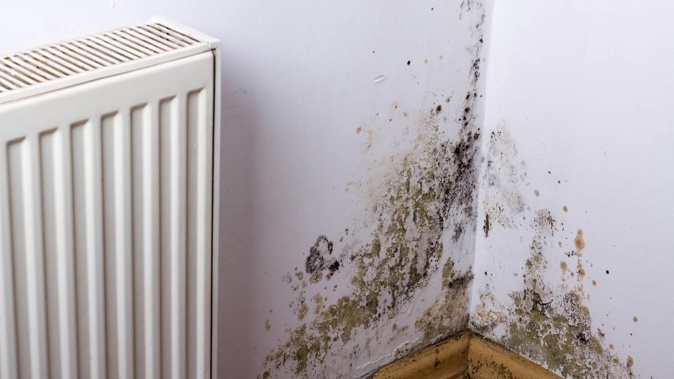
Nearly half of Kāinga Ora state homes in Wellington City haven’t yet been checked for Healthy Homes compliance since the policy was introduced in 2019.
An inspection looks for minimum warmth, insulation, and dryness standards in a home. Houses that fail are required to have upgrades in-the-works.
In order for a house to be deemed healthy, it must be fully ticked off to have a base level of warmth, dryness, and insulation.
Just 58 per cent of Wellington City state houses have been inspected in accordance with the standards, trailing behind the national average of 84 per cent.
Of the 1676 Kāinga Ora houses in Wellington City, only 48 per cent meet the standard. Work is underway on 10 per cent of them and the remaining 42 per cent are yet to be inspected.
A total of 704 homes in the city are unaccounted for, lacking an inspection in accordance with the requirements.
Tenancy Services claims almost 600,000 households rent in New Zealand, and research shows the quality of our rental stock lags behind other nations.
Kāinga Ora told NZME nationally its upgrade programme was progressing well, but it was “not immune” to challenges facing the construction sector, such as labour and material shortages and Covid-related disruptions.
Nationally, 67 per cent of Kāinga Ora homes now meet the standard and work is underway on a further 16 per cent – leaving 16 per cent still to be assessed.
/cloudfront-ap-southeast-2.images.arcpublishing.com/nzme/SDNQVWMQO5GZTDE2XHSDNXUD2A.jpg)
- Government considering Healthy Homes extension for all landlords
- Te Pāti Māori, Greens denounce Healthy Homes extension for Kāinga Ora and landlords
State houses in Wellington are failing to meet the Government's own Healthy Homes standards. Photo / NZME
The Healthy Homes standard was introduced in 2019 to ensure landlords comply with minimum standards for heating, insulation, and dryness for their properties. The standards must be assessed and met for a property to be deemed “healthy”, and at a basic livable measure.
Wellington City Missioner Murray Edridge says the data shows housing delivery is “unacceptable”.
“As a community, we should be ashamed by the fact people live in unsanitary and unsatisfactory conditions.”
Salvation Army director of social policy Ian Hutson says it’s “crucial” to ensure social housing is fit-for-purpose.
Hutson says people living in places that aren’t up to standard are susceptible to sickness, [like] colds and flu, which is really bad”.
The Government recently extended the timeframe for Kainga Ora and Community Housing Providers to comply with the standards because of Covid disruptions and supply-chain issues. They now have until July 1, 2024 to ensure all state homes are up-to-standard.
Private rentals were also granted a 12-month extension and are required to comply by July 1, 2025.
National supported the extension, but housing spokesman Chris Bishop said the Government need to act with more urgency.
He said the private sector “moved heaven and earth” to meet the Healthy Homes standard but the Government “couldn’t do it themselves”.
“It’s industrial-strength hypocrisy to demand one standard from the private sector but not be able to meet that standard with its own homes.
National supported the extension of the policy, which would give more time to all housing providers to comply.
Bishop finds the outcomes “frustrating”, as he believes it shows a significant comparison in work being done and he says the Government needs to catch up.
/cloudfront-ap-southeast-2.images.arcpublishing.com/nzme/DQH3XUOLWGT7FZKS2GRKPZVJKQ.jpg)
National Party housing spokesman Chris Bishop. File photo / Angus Dreaver
Housing Minister Megan Woods says Kāinga Ora is bringing around 600 homes per week up to the standard, “as part of a wider programme that is making the biggest improvement to the quality of public housing in a generation”.
Kāinga Ora general manager for national services Nick Maling says it is committed to completing its goal of having all houses meet the guidelines as soon as possible.
Maling says 4250 homes nationwide are exempt from the deadline, as some need major repairs because of natural disasters, and others are transitional housing units.
Take your Radio, Podcasts and Music with you









